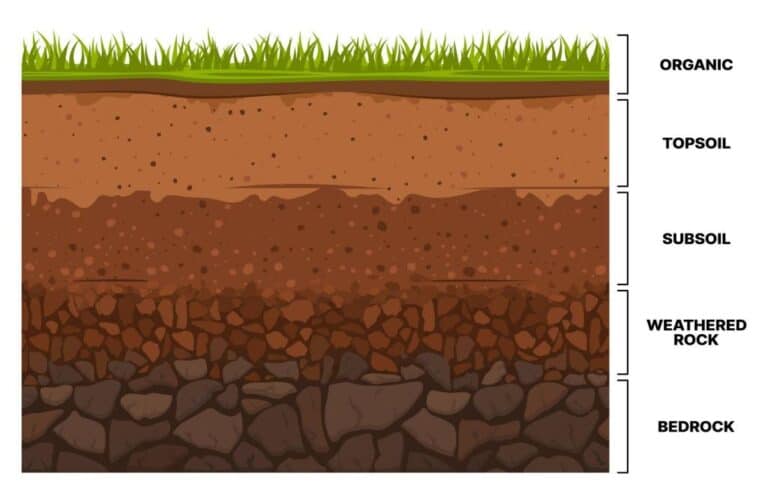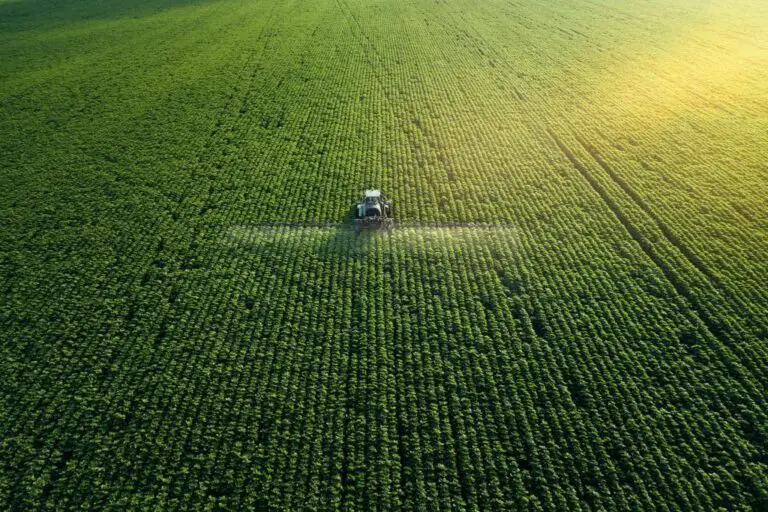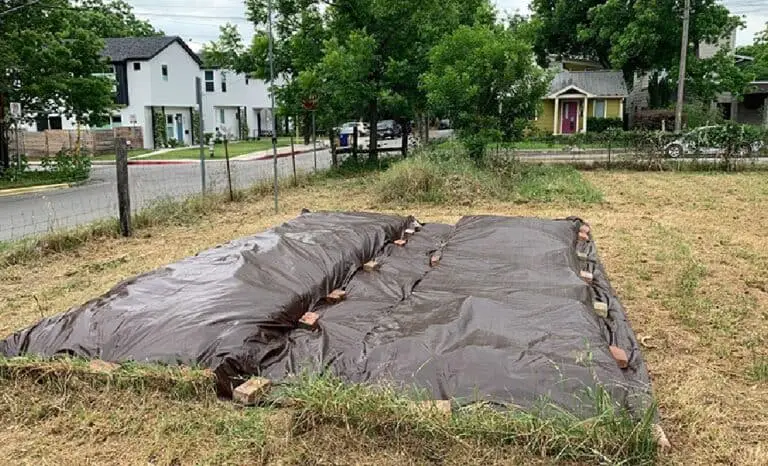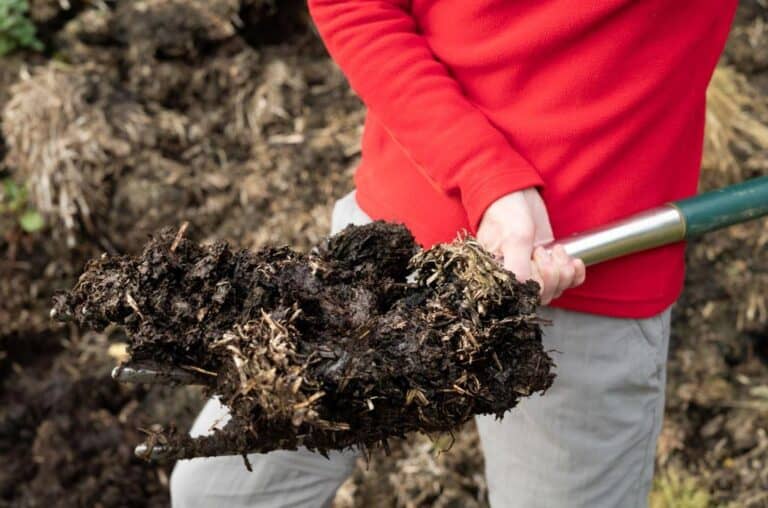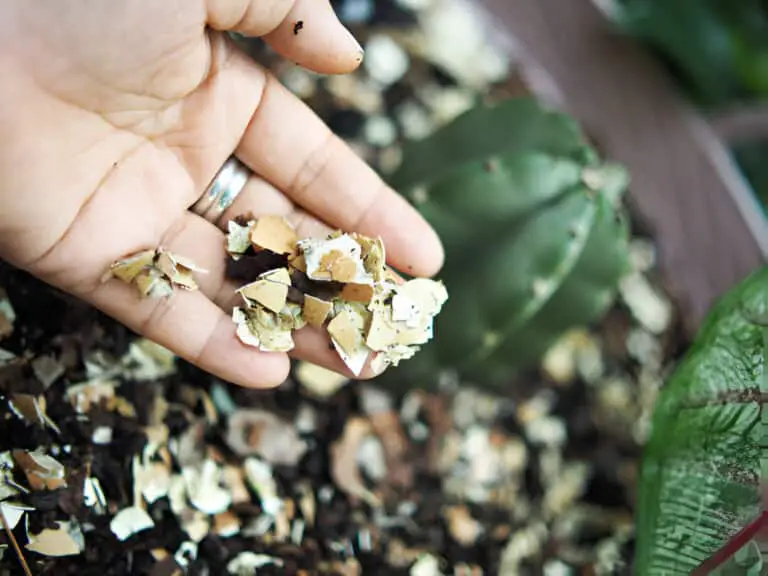Why Does My Potting Soil Smell Like Poop or Manure?
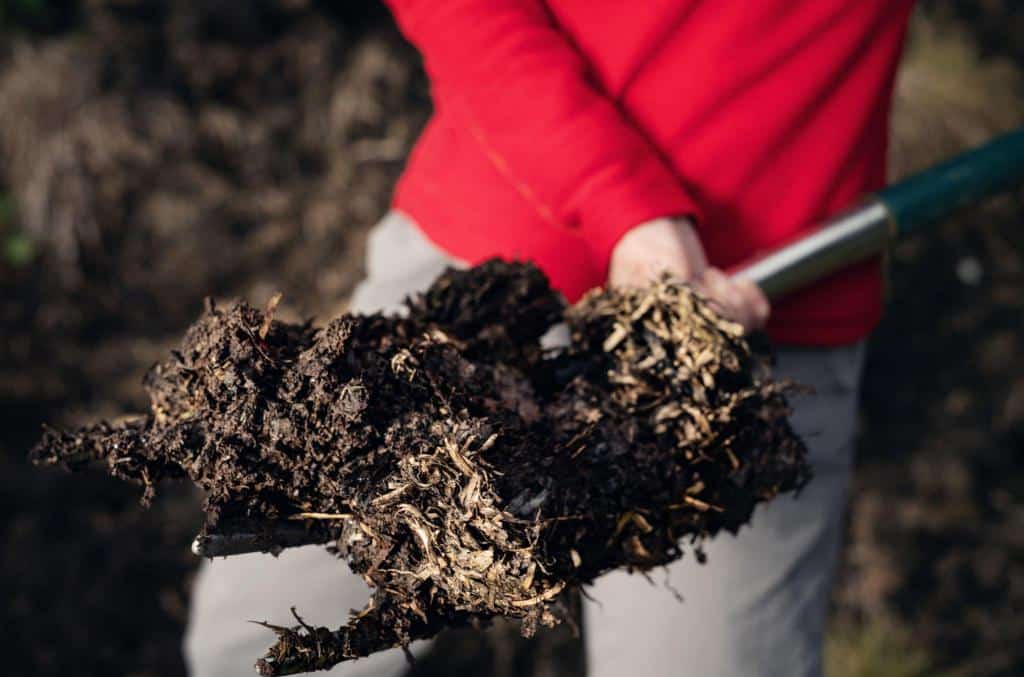
You’re not alone if you’ve recently opened a bag of potting soil and noticed an unpleasant smell similar to poop or manure. Yes, your potting soil, seemingly possessed, now exudes the unmistakable scent of poop or manure. This perplexing phenomenon can leave even experienced gardeners scratching their heads.
Fear not, dear gardener, for you’re about to embark on a journey of discovery. In the following paragraphs, we’ll unearth the reasons behind this earthy enigma, demystify the peculiar odors, and empower you with the wisdom to transform your aromatic ordeal into a blooming paradise.
So, take a deep breath (preferably not through your nose, for now), and let’s unravel the mystery of why your potting soil sometimes smells like it’s hosting an unexpected barnyard party.
Understanding the Components of Potting Soil
Potting soil, the lifeblood of your garden, is a carefully concocted blend of various components, each playing a vital role in nurturing your beloved plants. Let’s dive into the fascinating world of potting soil composition, where organic matter, minerals, and additives all have their own unique roles to play.
Organic Matter: At the heart of your potting soil mix lies organic matter, often comprising compost, peat moss, or bark. This organic goodness not only provides a cozy home for beneficial microorganisms but also offers a steady supply of nutrients to your plants. It’s like a gourmet buffet for your garden, where the organic matter acts as the delectable main course.
Minerals: While organic matter takes the spotlight, minerals like perlite, vermiculite, and sand serve as the supporting cast. These minerals add structure and aeration to the mix, ensuring that the soil doesn’t become too compacted. Think of them as the sturdy foundation upon which your garden’s dreams are built.
Additives: To round out the ensemble, potting soil often includes additives such as lime or sulfur to adjust the pH level, and fertilizers to provide essential nutrients. These additives fine-tune the soil’s chemistry, creating a harmonious environment where your plants can thrive.
Why Does Potting Soil Smell Like Poop or Manure?
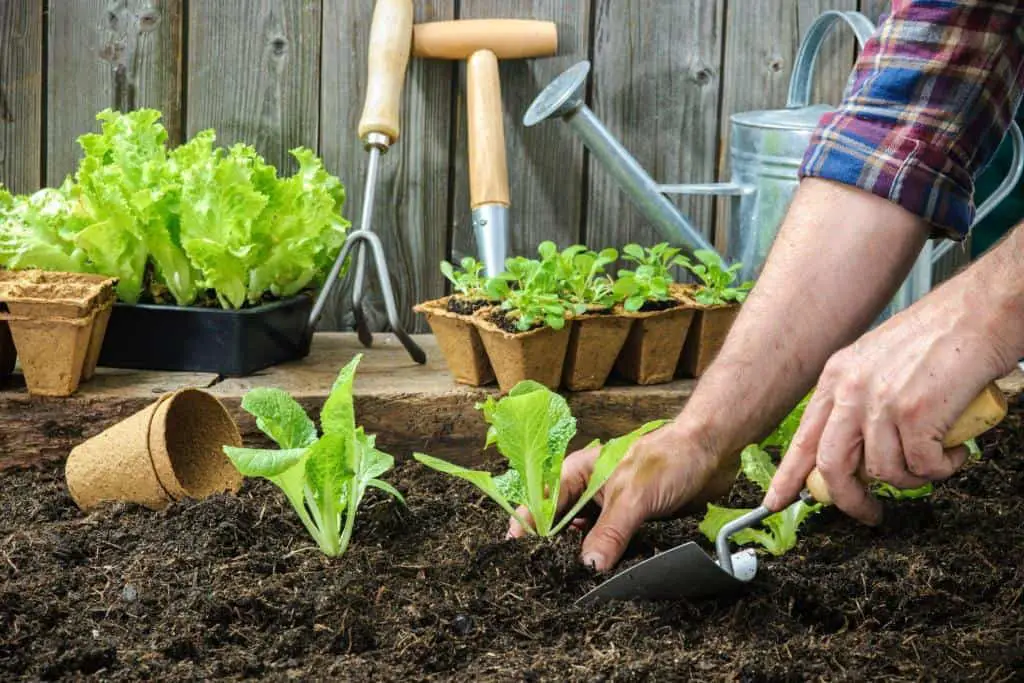
1. Organic Matter Decomposition
The primary reason your potting soil might smell like poop or manure is the decomposition of organic matter within it. Potting soils often contain various organic components, such as compost, peat moss, or bark.
These materials break down over time, releasing gases in the process. Some of these gases can have an unpleasant odor, similar to that of decomposing organic matter found in manure or sewage.
| Organic Components | Decomposition Products |
| Compost | Ammonia, sulfur compounds |
| Peat Moss | Methane, hydrogen sulfide |
| Bark | Volatile organic compounds |
2. Anaerobic Conditions
Another factor contributing to the foul smell could be the presence of anaerobic conditions within the potting soil. Anaerobic bacteria thrive in environments devoid of oxygen, and their activity can produce unpleasant-smelling gases like hydrogen sulfide, which has a distinct rotten egg odor.
3. Ammonia-Based Ingredients in Fertilizers
Potting soil can smell really foul due to ammonia-based ingredients in fertilizers and pesticides. Organic fertilizers like peat, moss, ground bark, chicken manure, and cow dung are added to enrich the soil during mass production. However, when quality control fails, you get under-processed (raw) manure in your potting soil. The odor is produced when organic matter decomposes, releasing gases that contain hydrogen sulfide and ammonia
4. Overwatering
Overwatering your potted plants can exacerbate the smell issue. When soil is consistently waterlogged, it creates an environment where beneficial aerobic bacteria struggle to survive. This can lead to the dominance of anaerobic bacteria, further increasing the production of foul-smelling gases.
5. Contaminated Ingredients
Sometimes, the problem lies in the quality of the potting soil itself. Low-quality or poorly processed organic materials used in soil mixtures can introduce contaminants that produce unpleasant odors as they break down. To avoid this, choose reputable brands known for their high-quality potting mixes.
6. Animal Intrusion
If you store your potting soil bags in an outdoor shed or garage, there’s a chance that animals like rodents or insects may have found their way in. These critters can leave behind feces or other waste, which can contribute to the odor issue. Always store your potting soil in a secure, airtight container.
Read: Manure Compost vs. Mushroom Compost: Which Is Best for Your Garden?
Remedies and Prevention for Bad Smell in Potting Soil
Now that you know why your potting soil might smell like poop or manure, let’s explore how to remedy and prevent this issue:
a. Aeration
Improving aeration in your potting soil can help reduce anaerobic conditions. Mix in perlite or vermiculite to enhance drainage and oxygen availability for beneficial microbes.
b. Proper Watering
Water your potted plants carefully, allowing the soil to dry slightly between waterings. Avoid waterlogging, as it promotes anaerobic conditions.
c. Sterilization
If you suspect contaminated potting soil, consider sterilizing soil in the oven before use. Bake the soil at 180°F (82°C) for 30 minutes to kill any potential pathogens or contaminants.
d. Store Properly
Ensure your potting soil bags are securely sealed and stored in a cool, dry place to prevent animal intrusion and maintain its quality.
Commercial Soil Amendments and Deodorizers
In the quest for a fragrant and flourishing garden, you might encounter a helping hand in the form of commercial soil amendments and deodorizers. These products are designed to combat unpleasant soil odors and enhance the overall health of your plants.
Selecting the Right Product: When it comes to selecting the right soil amendment or deodorizer, consider the specific issue you’re facing. If your potting soil emits a manure-like odor, look for products designed to address decomposition and anaerobic conditions. On the other hand, if your soil lacks nutrients or has an imbalanced pH, opt for soil amendments like humus that provide the necessary elements for plant growth. Read product labels carefully to ensure they match your needs.
Effective Usage: Once you’ve chosen the right product, it’s time to put it to use. Follow the manufacturer’s instructions diligently. Most soil amendments and deodorizers can be mixed into your potting soil before planting. Others may require periodic applications. Remember that moderation is key; applying too much can have adverse effects. Regularly monitor your soil’s condition and adjust your usage accordingly to maintain a healthy and pleasant environment for your plants.
Commercial soil amendments and deodorizers can be valuable tools in your gardening arsenal, helping you tackle odor problems and promote robust plant growth. By selecting the right product and using it effectively, you can transform your garden into a fragrant oasis where both you and your plants can thrive.
Conclusion
In conclusion, dealing with a foul odor emanating from your potting soil, which can sometimes be reminiscent of poop or manure, may not be the most delightful aspect of gardening, but there’s no need to hit the panic button. Instead, consider it a puzzle waiting to be solved.
Understanding the factors behind this unpleasant aroma and implementing effective solutions can make a world of difference in the well-being of your potted plants and your gardening experience.
One of the primary culprits behind the unpleasant scent is the decomposition of organic matter within the potting soil. As organic components like compost, peat moss, and bark break down, they release gases that can have an odor resembling sewage or manure. Recognizing this decomposition process as a natural part of the soil’s lifecycle is the first step in mitigating the issue.
Another aspect to consider is the presence of anaerobic conditions in the soil. These conditions, where beneficial aerobic bacteria struggle due to a lack of oxygen, can lead to the dominance of anaerobic bacteria, resulting in the production of foul-smelling gases like hydrogen sulfide. Proper aeration, achieved through the addition of materials like perlite or vermiculite, can help alleviate this problem.
Moreover, overwatering can exacerbate the situation by creating an environment where anaerobic bacteria thrive. Monitoring your watering habits and allowing the soil to dry out slightly between waterings can assist in maintaining a balanced microbial environment. Additionally, storing your potting soil properly in a sealed container can prevent animal intrusion, which can introduce contaminants that contribute to the unpleasant odor.
FAQs on Unpleasant Smell From Gardening Soil
Can the odor from potting soil harm my plants?
Generally, the smell won’t harm plants, but it may indicate an underlying issue affecting plant health.
Is it normal for potting soil to smell bad temporarily after watering?
A temporary odor after watering is common and usually not a cause for concern. It should dissipate as the soil dries.
Can I use potting soil with a manure-like smell for indoor plants?
It’s best to avoid using such soil indoors due to the potential for unpleasant odors and microbial activity in confined spaces.
How often should I change or refresh my potting soil to prevent odor?
Typically, refreshing potting soil every 1-2 years or when it becomes compacted can help prevent odor issues.
Are there any natural ways to prevent potting soil from smelling like manure?
Yes, you can add natural amendments like compost, coconut coir, or perlite to improve soil aeration and reduce odors.
Does adding lime help with potting soil odor?
Lime can help reduce potting soil odor if the smell is caused by acidic conditions. However, it’s essential to test the soil’s pH first, as adding lime to already alkaline soil can be counterproductive.
Is it safe to use potting soil that smells like manure for my plants?
It’s not advisable to use potting soil that smells like manure for your plants. Foul odors may indicate microbial imbalances or decomposition issues, which can harm plant health and growth.
What are the risks of using foul-smelling potting soil?
Risks of using foul-smelling potting soil include potential harm to plant roots, reduced plant growth, and the presence of harmful pathogens or pests attracted to the odor.

